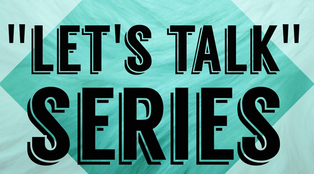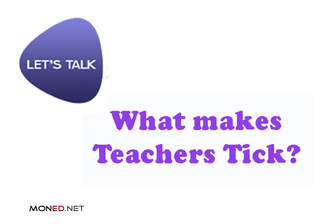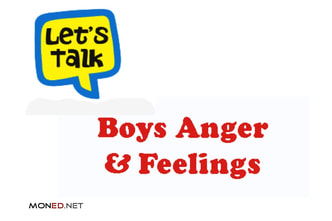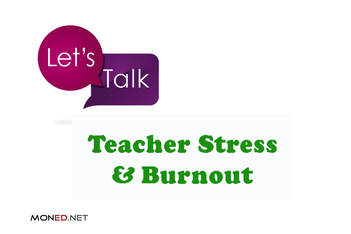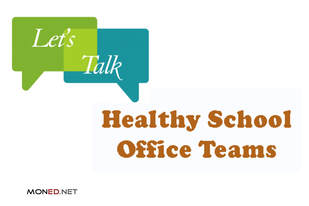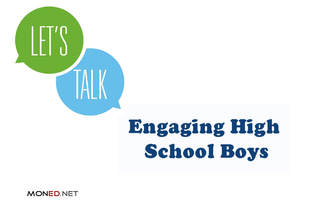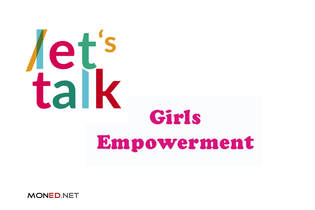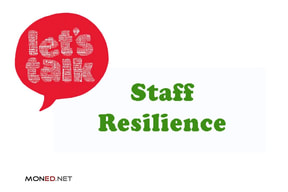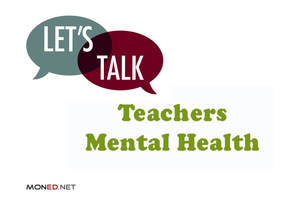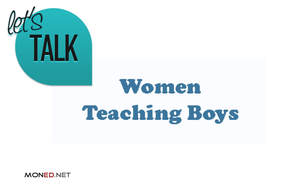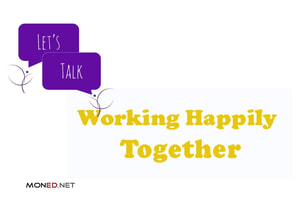|
|
|
|
Australian schools are promoting open talk sessions in 2018
Bring these Let's Talk programs
|
What's inside your Let's Talk program?
How to purchase a Let's Talk programCopy and paste the information below in an email to [email protected].
NSW public schools should send their order to EDConnect and quote supplier number 100387105 Contact person School Postal address Postcode Contact email Please supply the following Let's Talk programs on CD @$49 each No GST payable. ___ Teen Talk Topics CD $99 ___ Boys Anger and Feelings ___ Girls Identity and confidence ___ Teacher Stress and Burnout ___ Healthy School Office Teams ___ Teaching Primary Boys ___ Engaging High School Boys ___ Girls Empowerment ___ Staff Resilience ___ Teachers Mental Health ___ Women Teaching Boys ___ Working Happily Together Michael Auden ABN 39 929 256 117 NSW Vendor ID 100837105 1 Wedge Court Glen Waverley Victoria 3150 Email [email protected] A quick guide to meaningful conversations
Ask open-ended questions. A conversation isn’t about speaking at someone, it’s speaking with someone. You’ll learn more about the person’s perspectives and experiences by asking questions. If the person tells you something, follow-up with a question that encourages them to keep speaking.
Follow up with deeper questions. If you start out with a question, ask another one to get more information and help the person open up. For example, if you ask a general question, follow it up with a more specific question. Your questions should engage the person and help to create depth in the conversation.
Find common interests and experiences. A simple, easy way to relate to someone is to find common interests, hobbies, experiences, and backgrounds with the person you're talking to. You may have grown up near each other, attended the same university, or watch the same television shows. Ask them about their background, and, if yours is similar, compare the two!
Be willing to be vulnerable. A meaningful conversation is difficult to build and maintain if those involved are unwilling to be vulnerable. Be willing to state your thoughts and feelings, even if they feel a bit uncomfortable. Meaningful conversations might include connecting with another person about a shared experience or memory. Be willing to open up, especially if you feel alone in something.
The Talking StickThe Talking stick, used in many Indigenous cultures, is an ancient and powerful “communication tool” that ensures a code of conduct of respect during meetings is followed. The person holding the stick, and only that person, is designated as having the right to speak and all others must listen quietly and respectfully.
Talking sticks are most frequently used in council circles, ceremonies and at the beginning of cultural events and in storytelling circles. Some cultures do not use a Talking Stick per say but use an eagle feather, wampum belt, peace pipe or sacred shell. A great many schools have adopted the Talking Stick principles in their classrooms as a way to teach children patience, self-discipline and to respect the speaker and his/her words. If you invited to attend a meeting that involves a Talking Stick, either ask about protocol in advance and/or follow the lead of others. Here are some basic rules that if you follow you won’t go far wrong:
Make 2018 the year everyone in your school engages in meaningful conversations. |
